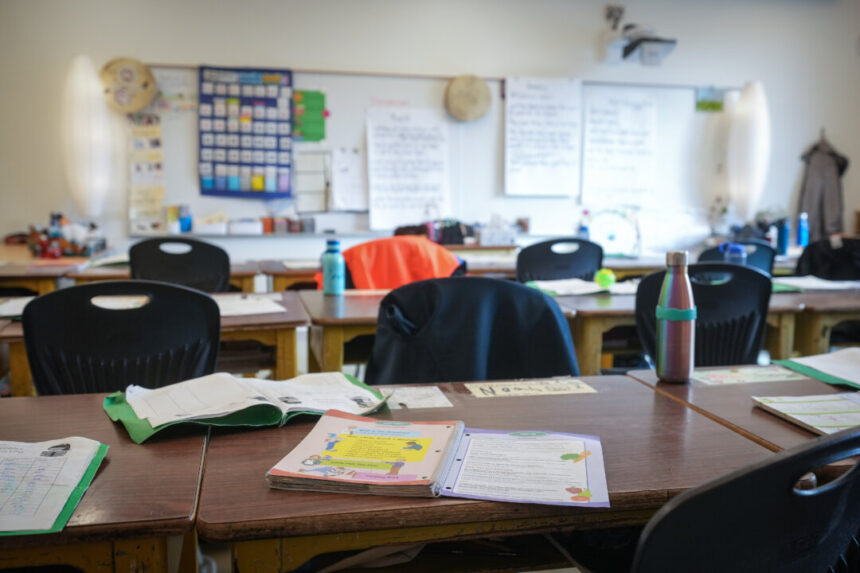Commentary
Ontario is facing a teacher shortage crisis, with projections indicating that the situation will worsen in 2027. The retirement of many teachers combined with an increase in student enrollment is exacerbating the problem, particularly in specialized areas like French immersion.
Efforts to attract qualified teachers are falling short, and teacher unions believe that higher salaries will entice more individuals to join the profession. However, simply increasing funding for government schools may not be the most effective solution.
Recent comments by Premier Doug Ford suggesting that teachers should focus on their core responsibilities rather than engaging in activism have sparked controversy. This debate highlights the importance of maintaining trust in public education to prevent teacher burnout and early retirements.
Contrary to the belief that raising salaries across the board will solve the teacher shortage, Ontario teachers with over 10 years of experience already earn higher wages compared to other provinces. A more targeted approach, such as offering higher salaries in high-demand subject areas, may be more effective.
Additional reforms, such as reducing the number of mandatory education courses and addressing violence in schools, are crucial to improving the teaching environment and retaining educators. It is essential for school boards to prioritize safety and support for teachers to combat the ongoing teacher shortage.
Addressing the teacher shortage requires comprehensive and strategic actions, rather than relying solely on increased funding. Real solutions are needed to ensure a sustainable and effective education system in Ontario.
Michael Zwaagstra is a public high school teacher and a senior fellow with the Fraser Institute.
Views expressed in this article are opinions of the author and do not necessarily reflect the views of The Epoch Times.





